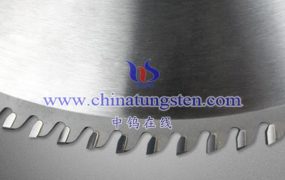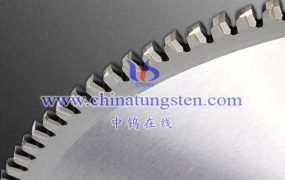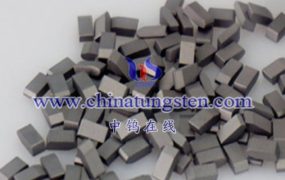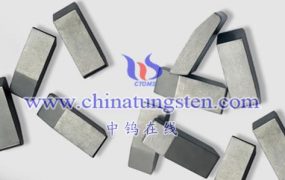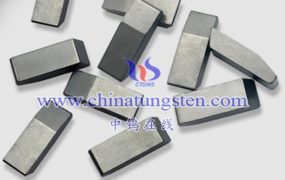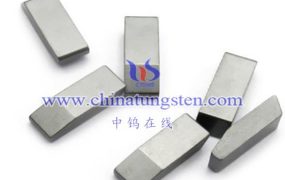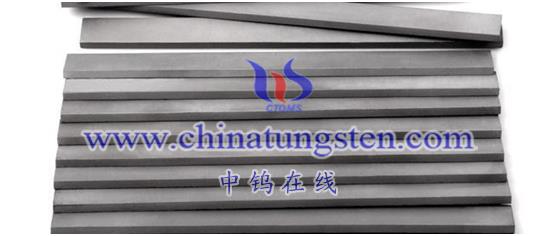
Carbide will undergo various changes at high temperatures, including thermal expansion, performance changes, and structural changes.
- Thermal expansion: Cemented carbide has a high thermal expansion coefficient, and its volume will gradually increase as the temperature increases. This thermal expansion behavior will affect the matching accuracy of cemented carbide with other materials, so the effect of thermal expansion needs to be taken into consideration at high temperatures.
- Performance changes: The properties of cemented carbide will also change at high temperatures. For example, the hardness of cemented carbide decreases as temperature increases, as does the flexural strength and fracture toughness. This is because at high temperatures, carbides in cemented carbide will diffuse and dissolve, causing changes in its structure and properties.
- Structural changes: The structure of cemented carbide will also change at high temperatures. For example, under long-term loading at high temperatures, cemented carbide will creep, that is, the deformation will gradually increase. This is because at high temperatures, carbides in cemented carbide will diffuse and dissolve, causing changes in its structure and properties. In addition, cemented carbide may undergo oxidation, corrosion and other reactions at high temperatures, resulting in a decrease in its performance.
Therefore, when using cemented carbide in a high-temperature environment, factors such as thermal expansion, performance changes, and structural changes need to be considered, and corresponding measures must be taken to ensure its performance and safety.
More details of tungsten carbide product, please visit website: http://tungsten-carbide.com.cn/
Please contact CHINATUNGSTEN for inquiry and order of tungsten carbide:
Email: sales@chinatungsten.com
Tel.: 86 592 5129595
